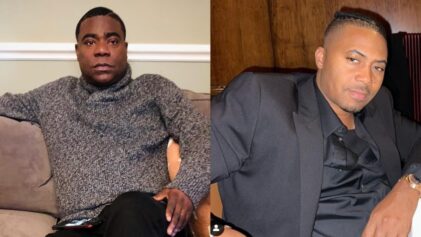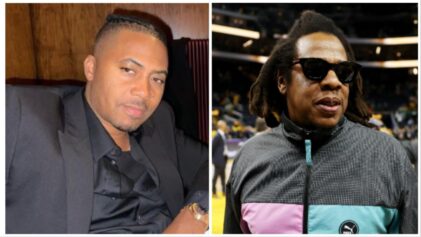Let’s begin with a disclaimer: Nas doesn’t endorse the following sentence. But he’s the greatest lyricist of all time.
Those words were carefully chosen: “lyricist” over “rapper” or “hip-hop artist;” “greatest” instead of “most successful;” “all time” rather than “today.”
Those distinctions are important. Still, Nas isn’t buying it.
“It’s wayyyyyy, way, way too early in our lives,” he said when asked where he fits among history’s best MCs. “It’s great to put a list together, but don’t take it too seriously because your list won’t matter 10 years from now or 15 years from now. It’ll be a different list.”
OK, no lists then; just a strong case for Nas being the best rhymesmith ever, the GOAT, numero uno, and a humble concession that this is but one man’s opinion and yours are enthusiastically welcomed below.
With “Life is Good,” Nas dropped his ninth No. 1 hip-hop album since 1994. Seven of those have gone platinum, which places him second among rappers only to Jay-Z with 11. (We’re not counting compilations or collaborations here, only original solo efforts, and yes, Tupac Shakur had nine, but five were posthumous releases.)
It also ties Nas with Snoop Dogg or Snoop Lion or whatever his name is, and it puts the Queens native one plaque ahead of Eminem, Too Short, OutKast and LL Cool J, all of whom belong in the greatest-ever discussion, as well.
Hold on, you say? OutKast is not a solo act? And if they’re included, why not the Beastie Boys, who also have six platinum records?
Agreed, but dissect OutKast into the individual components of Big Boi and André 3000, and you have two of the most technically deft rhymers to bless the mic. (Another disclaimer: This article’s author is an ATLien.)
From 1994’s “Southernplayalisticcadillacmuzik” to 2003’s “Speakerboxxx/The Love Below,” OutKast owned most hip-hop rivals, but since then — barring the “Idlewild” soundtrack — they’ve fallen off considerably: Big Boi has put out a pair of tepidly received solo efforts, André a few razor commercials.
While commercial success is important to the equation — and the sole reason the brilliant Talib Kweli and Pharoahe Monch aren’t included in the debate — it’s only one variable.
This debate, if you will, isn’t so much about who can move the most rump in a club, but rather, if we were delivered back to 1800, who could hold their own with Coleridge and Wordsworth. It’s why we’re arguing lyricists and not artists.
The big 4-0
In a genre not known for the longevity of its luminaries, making it 10, 15, 20 years means you’re a survivor — and you survive only if people keep buying your music.
Read more: Elliot C. McLaughlin, CNN


